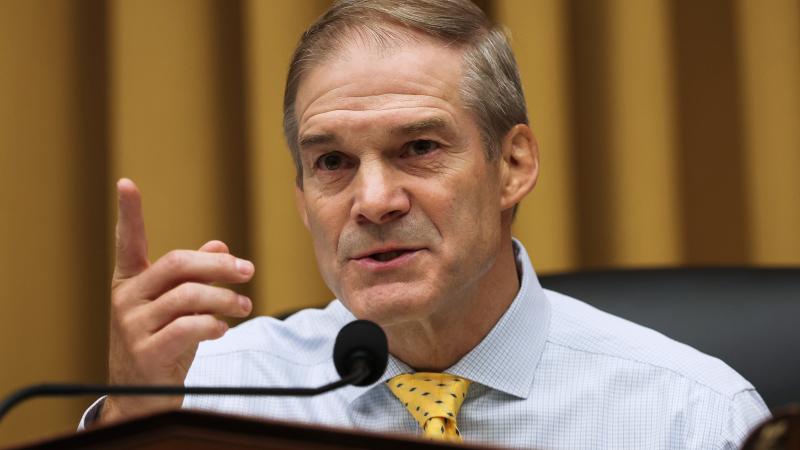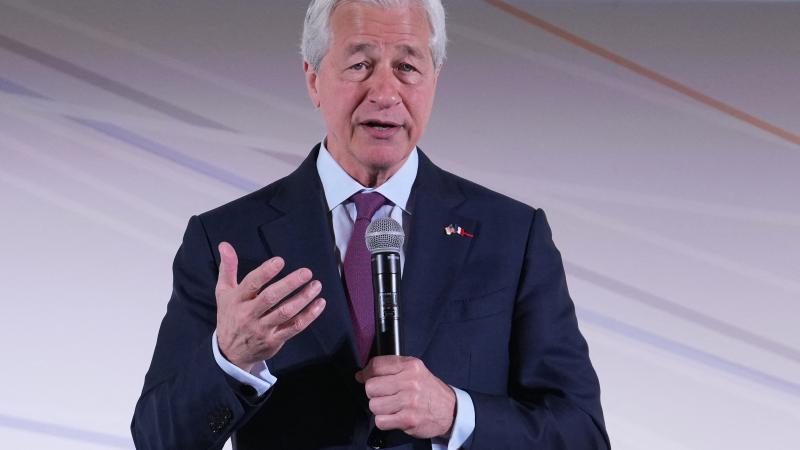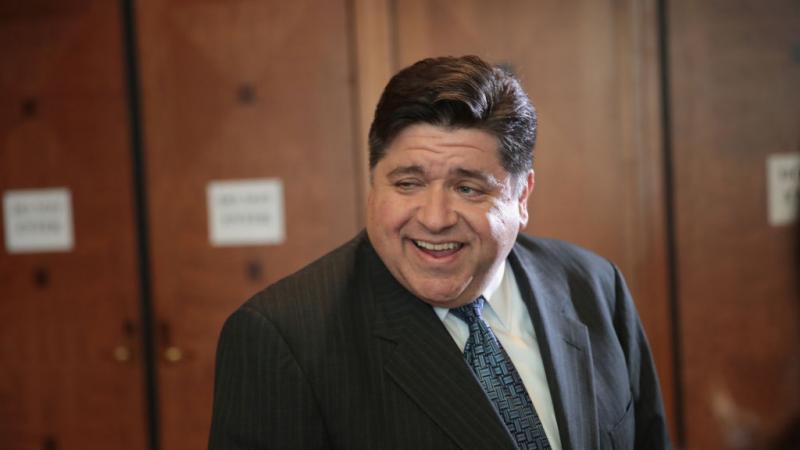DC crime eclipses Latin American capitals as Trump weighs federalizing the district
Washington, D.C., recorded 187 homicides in 2024 in a population of roughly 702,000. The American capital is the fourth most-deadly place in the nation.
President Donald Trump’s threat to federalize Washington, D.C., should it fail to effectively deal with violent crime, comes as the city’s crime statistics show the American capital is less safe than many of the major cities of Latin America.
Washington, D.C., recorded 187 homicides in 2024 in a population of roughly 702,000. That total represents a murder rate of 26.6 per 100,000. That figure marked a 32% drop from 2023’s 274, when the rate was roughly 41 per 100,000.
Data from the Heritage Foundation shows that in 2023, D.C. had a homicide rate of 40.9 homicides per 100,000 residents and ranked fourth worst in the nation, behind only New Orleans (53.8), St. Louis (53.7), and Detroit (40.9).
"If D.C. were a state, it would have the highest homicide rate of any state in the United States," the conservative think-tank added.
By way of comparison, the 2023 rate for Mexico City stood at about 8 per 100,000. Bogota, Colombia boasted a rate of 14 per 100,000 in 2023. Quito, Ecuador boasted a rate of 45 per 100,000, just slightly higher than D.C. in that year.
A string of headlines making the case
Over the weekend, for instance, former Department of Government Efficiency (DOGE) staffer Edward Coristine aka “Big Balls” was assaulted by a group of 10 “juveniles.” Former DOGE chief Elon Musk provided greater detail, saying that Coristine had intervened to stop the group from assaulting and carjacking a woman.
In June, moreover, a congressional intern for Rep. Ron Estes, R-Kan., sustained a fatal gunshot wound in a late-night drive-by shooting. Police suspect that the victim, Eric Tarpinian-Jachym, was not the intended target. The killer has not been caught, and a $40,000 reward has been posted. His mother harshly criticized the Washington, D.C., Council, telling Fox News that its residents "are not being protected."
Only two years ago, Rep. Henry Cuellar, D-Texas, made headlines after becoming the victim of an armed carjacking in D.C.’s Navy Yard. Just weeks before, this reporter broke news that congressional Republicans convened a meeting of staffers and law enforcement to brief them on tips to avoid becoming the victims of violent crime.
Trump blames the “youths” while Pirro blames "coddling"
Trump’s threats, however, have pointed to a new issue, that of young offenders whom he says secure speedy release from police custody.
"Crime in Washington, D.C., is totally out of control. Local ‘youths’ and gang members, some only 14, 15, and 16-years-old, are randomly attacking, mugging, maiming, and shooting innocent Citizens, at the same time knowing that they will be almost immediately released," he posted on Truth Social.
"They are not afraid of Law Enforcement because they know nothing ever happens to them, but it’s going to happen now! The Law in D.C. must be changed to prosecute these 'minors' as adults, and lock them up for a long time, starting at age 14," he continued.
U.S. Attorney for D.C. Jeanine Pirro echoed Trump’s assessment of the youth offender problem this week, telling Fox News that "[y]outh violence is on the rise. Not just in D.C., but across the country [...] The D.C. Council — and the president is right — they’ve got to stop their coddling. Number one, we’ve got to lower the age of responsibility to 14. I’m tired of having these kids commit crimes, and they are crews, not gangs,” she added.
Pirro specifically pointed to a 2018 D.C. law, the “Youth Rehabilitation Amendment Act”, which defines a “youth offender” as someone 24 or younger who commits a crime less serious than first-degree murder, or a handful of other violent offenses. “I can’t touch them, but they [the D.C. government] want to protect them,” Pirro lamented.
In March, President Trump signed an executive order establishing a task force on crime prevention and maximizing immigration enforcement in the District, a more restricted measure than calls for a total federal takeover of the nation’s capital. The executive order created the "D.C. Safe and Beautiful Task Force."
The order also stated that "the Attorney General, in consultation with the Task Force, shall assess whether public-safety circumstances in the District of Columbia require additional executive action."
Trump told White House pool reporters on Wednesday that "the rate of crime, the rate of muggings, killings and everything else, we're not going to let it, and that includes bringing in the National Guard, maybe very quickly, too."
It is possible that the recent violence is Trump's justification for the elimination of home rule as part of that foreseen "additional executive action."
Home Rule: How does it work?
The District of Columbia Home Rule Act is a federal law passed on December 24, 1973, and signed by then-President Nixon, which returned certain congressional powers to the local government of the District of Columbia. Nonetheless, as it stands, Congress reviews all legislation passed by the D.C. council before it can become law and oversees the District's budget. The President also has the authority to appoint the District's judges. The District has no voting representation in Congress.
The Congressional Research Service reported that "the House and Senate established standing committees specifically focused on the affairs of the District of Columbia in 1808 and 1816, respectively." The report goes on to explain that "the Senate abolished its standing Committee on the District of Columbia in 1977, and the House did so in 1995."
Currently, the House Committee on Oversight and Accountability and the Senate Committee on Homeland Security and Governmental Affairs exercise control over most District of Columbia-related issues.
In February 2025, Rep. Andy Ogles, R-Tenn., and Sen. Mike Lee, R-Utah, introduced a bill to repeal the Home Rule Act, but that effort died in committee.
The American Civil Liberties Union, which opposes any change to the Home Rule Act, has characterized potential changes as allowing Congress to "interfere in our local democracy."
The Executive Office of the Mayor declined to comment on the matter.
Ben Whedon is the Chief Political Correspondent at Just the News. Follow him on X.
The Facts Inside Our Reporter's Notebook
Links
- 187 homicides
- 8 per 100,000
- 14 per 100,000
- 45 per 100,000
- noticeable drop
- ranked only fourth
- Edward Coristine
- intervened to stop the group
- Eric Tarpinian-Jachym
- Henry Cuellar
- meeting of staffers and law enforcement
- he posted
- telling Fox News
- Youth Rehabilitation Amendment Act
- signed the legislation
- Follow him on X














